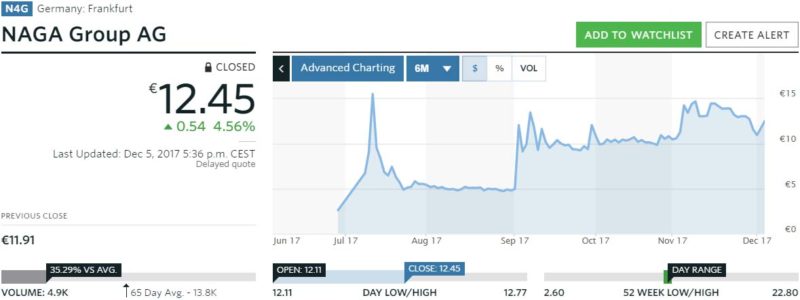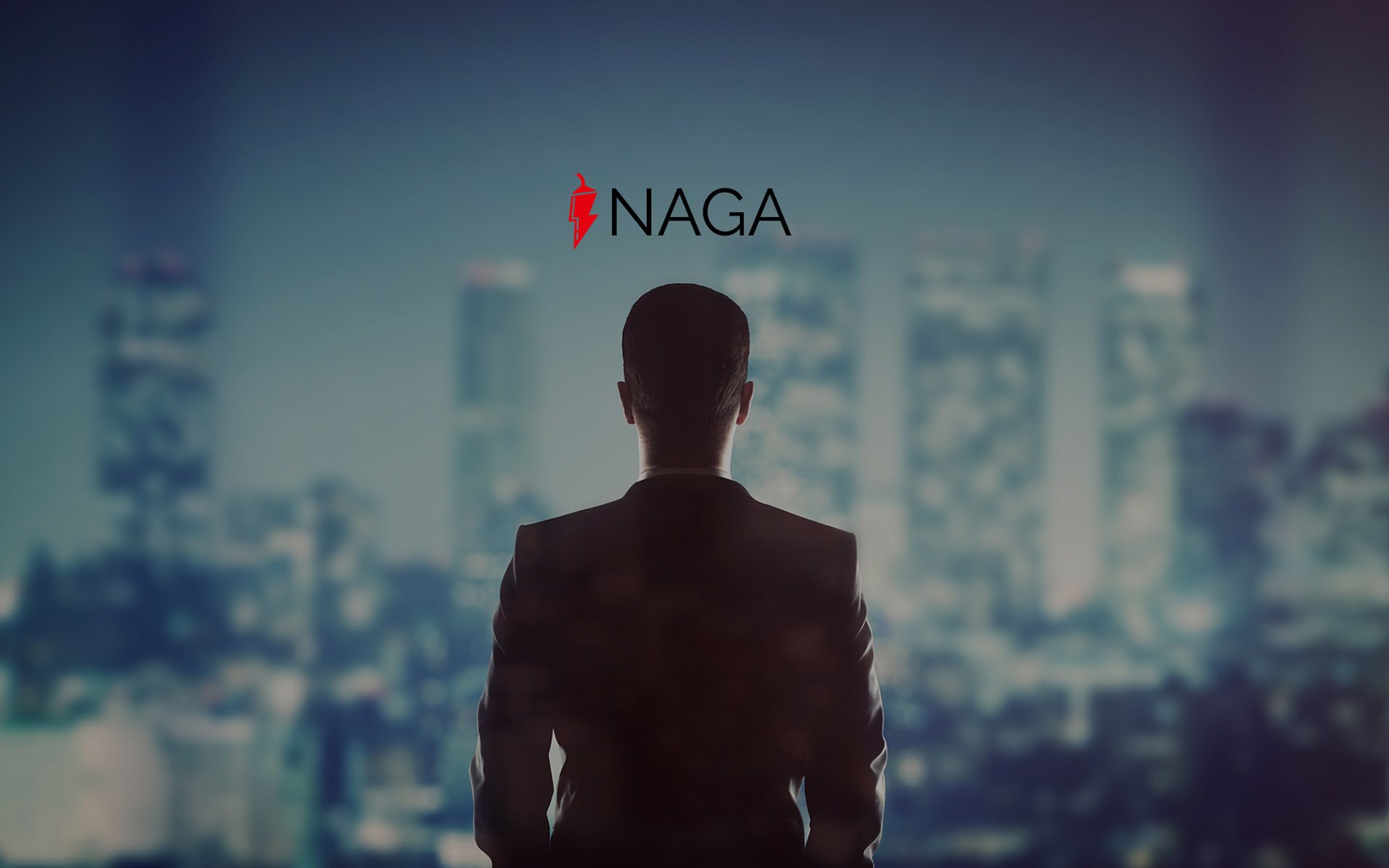One may argue that ICOs are the cryptocurrency equivalent of an IPO. But is it really true? Does your IPO performance reflect on your ICO results or there is no connection at all? To answer these questions we need to examine the similarities and differences between the two.
IPO’s and ICO’s
IPO stands for Initial Public Offering, that is the first time the general public is granted access to shares of a company. The IPO has become a well-known, tried and tested tool for a company to raise funds quickly. The vast majority of companies tend to run their IPOs at the maturity stage, when they are either already profitable or close to it. These companies are acquiring long-term capital for at future growth and development rather than raising funds to start their businesses.
IPOs are usually very complex events that involve a lot of regulation, preparation and an exorbitant amount of legal aid. IPOs are a very tiring procedure involving a lot of middlemen. Numerous books that are written about running a successful IPO recommend advance planning, rising top team, and growing the business so it can be publicly recognizable. Once on the exchange, the company’s shares are traded vigorously, reflecting the company’s value and bringing benefits to the shareholders. Moreover, when ‘going public’ the company must disclose its private financial and business data.
Initial Coin Offerings (ICOs) are a type of crowdfunding fueled by a relatively new phenomenon – cryptocurrencies. In order to attract funds, companies (usually startups) with innovative ideas issue coins or tokens that are sold to the public and attempt to reflect the value of the company’s idea. ICOs are a tool that provides the ability for anyone from all around the globe to invest in an idea they believe in. Companies wishing to attract funds are not required to have a long business history, thousands of workers, or be at a mature stage in their development. At the beginning of an ICO companies tend to disclose the amount of money they intend to raise and justify it by showing how those funds are going to be used.
Comparing IPOs and ICOs, it is hard to miss how similar they have become. Both of them are aimed at raising funds for the future of a company, both of them are dealing with different types and sizes of investments. What sets them apart is geography, the amount of regulation, the types of companies applying, and lastly the amount of work that needs to be carried out for either one of them to be successful.
Thus, the following statement should be considered true – ICOs are decentralized IPOs and it is likely that a company that has gone through its IPO is very likely to succeed in an ICO if it chooses to take that path.
NAGA Group – From Successful IPO to Successful ICO
It is still a very rare occurrence that a stock exchange listed company is taking the route of ICO. One example of such a company is the NAGA GROUP. NAGA Group is operating in two closely related fields: financial services and fintech. Their mission is to revolutionize outdated financial models and to take them to mobile devices. On this mission, they stand for disruptive concepts have an experienced team and are very tech focused. Their aim is to ease financial services so that they will be available for everybody in the world.
Since being founded in 2015, NAGA has grown significantly, with over 100 professionals working in 9 offices in 5 European countries. Rapid growth, a successful and dedicated team, and most importantly their brilliant ideas all have contributed to the company’s ambitions and ability to go public with an IPO less than two years after being first established. NAGA was in close cooperation with Deutsche Borse, Edison Investment Research, and Morningstar.
On July 8, 2017, 1 million shares of NAGA stock were offered at per share price of 2.60 EUR. Just a few short months later, the per share price has increased by 400%. Already on the market with billions in trading revenues, NAGA is entering the cryptocurrency stage with their own ICO. They are following a strict roadmap and hoping that the token sale during the ICO will increase their growth potential and help them create more goods and services.

Currently, NAGA is building an ecosystem aimed at joining virtual goods, stock markets and cryptocurrencies. The NAGA token will give access to all asset classes without any hurdles, security or transparency issues, allowing everyone access to trade and invest with NGC tokens.
NGC tokens will solve two major problems one of which is the obligation to trust personal funds to intermediaries to invest or trade, another is the restriction to enter the financial market without a bank account. With NAGA coin the funds will never leave one’s wallet. This functionality is made available by harnessing the potential of the blockchain on which the NAGA ecosystem is being built.
NAGA has successfully created SwipeStox – a social network for traders, that makes buying and selling easy and fast, also providing the functionality for novice users to copy trades of professionals trading alongside them. Motivated by their success NAGA is currently working on other projects: Switex – a platform that is set to become a global marketplace for virtual goods, NAGA coin – a currency that will fuel and support all NAGA projects within one ecosystem and the NAGA wallet – a personal wallet where one can store, exchange money and crypto to NAGA coin and gain access to the benefits of the NAGA ecosystem.
NAGA’s pre-sale has ended with over 18,500,000 NGC sold to more than 15,000 backers and raising over $15 million USD.
It may very well be that NAGA’s ICO will demonstrate figures that will dwarf their IPO growth figures.
Have questions or want to interact with the community? Join their Telegram chat. To participate in NAGA’s ICO or to learn more about the NAGA ecosystem, visit their website
Do you think that a successful IPO correlates to a successful ICO? Are you more or less likely to invest in an ICO if the company has already had a successful IPO? Let us know in the comments below.
Images courtesy of The NAGA Group, MarketWatch











